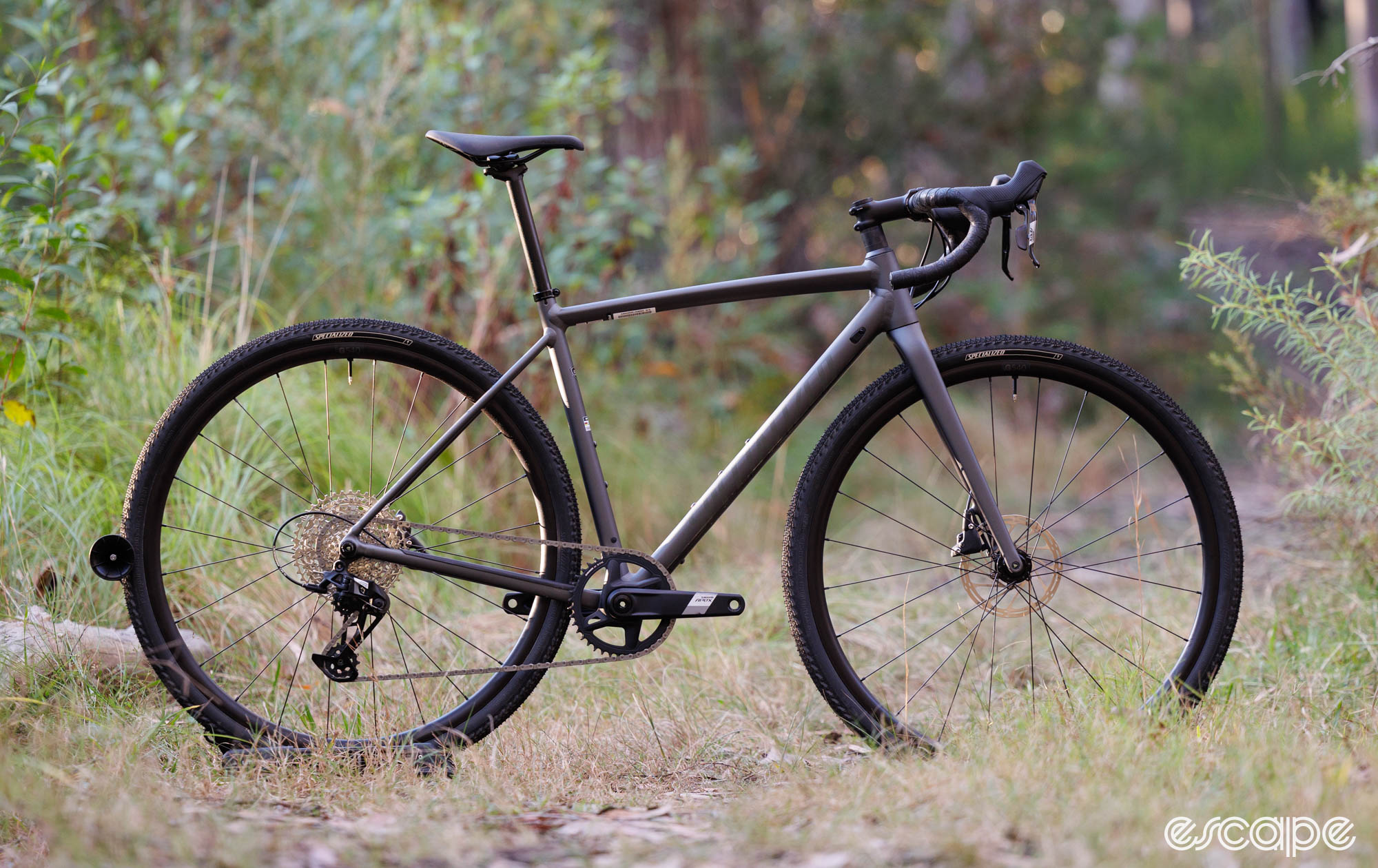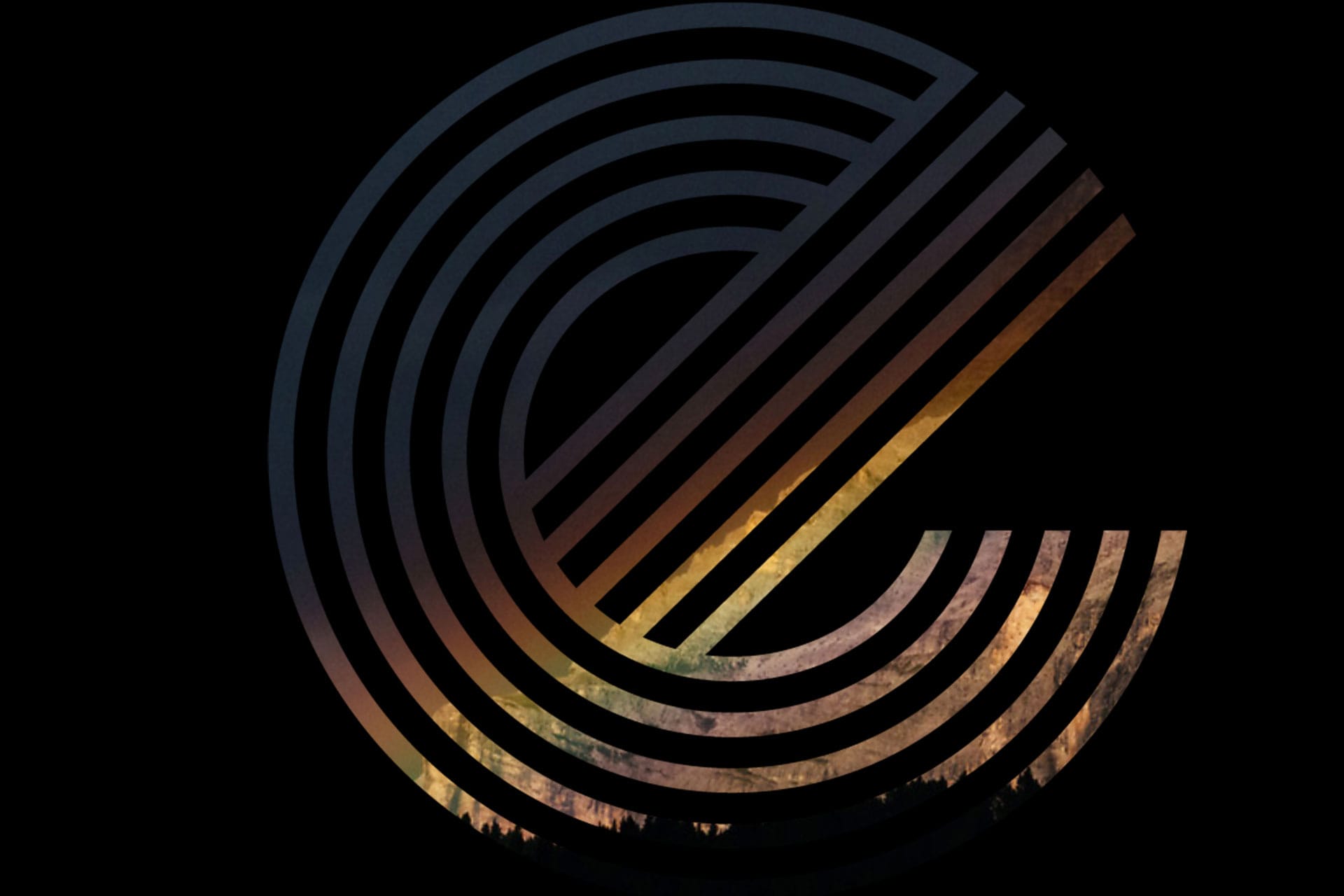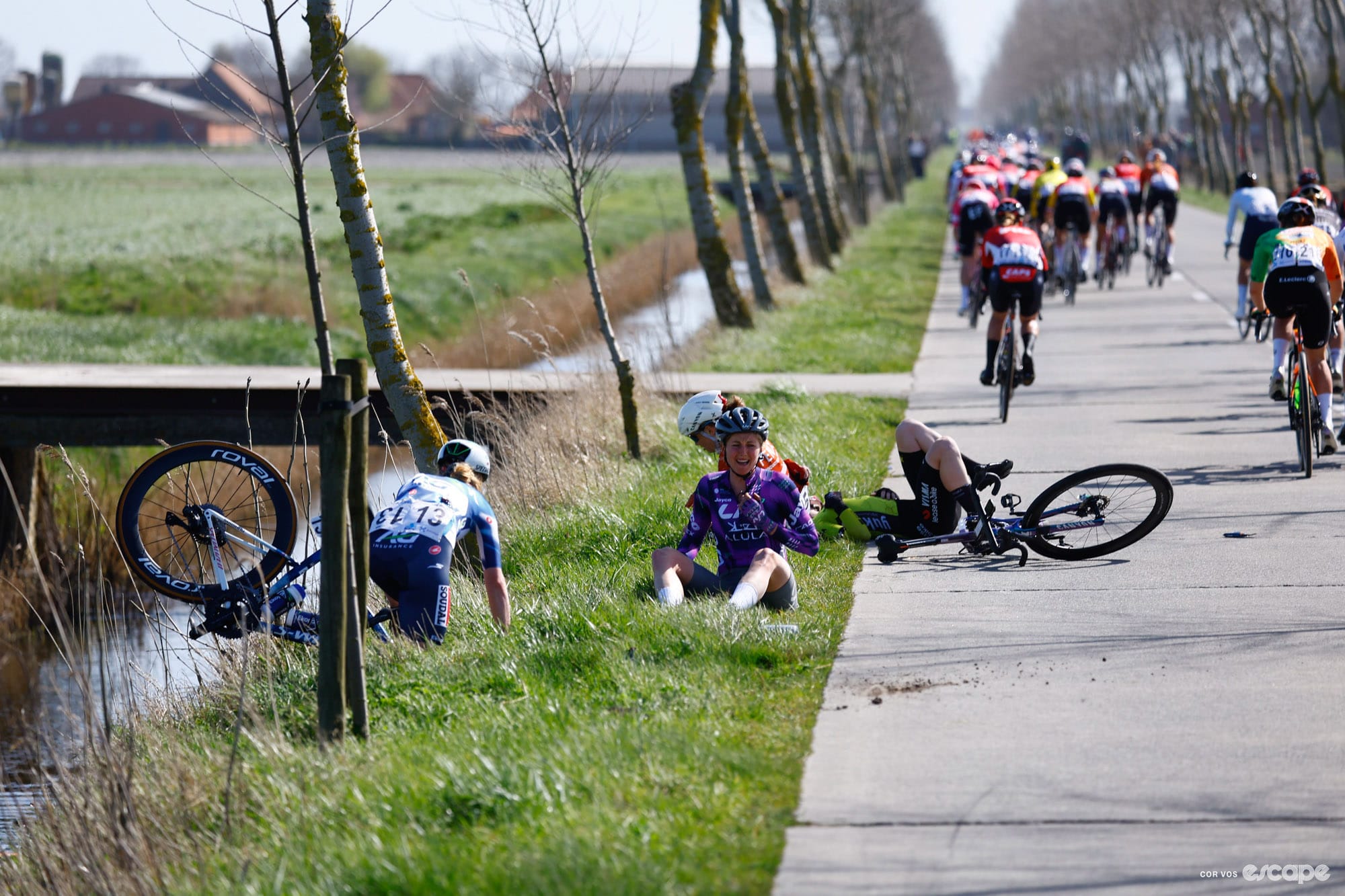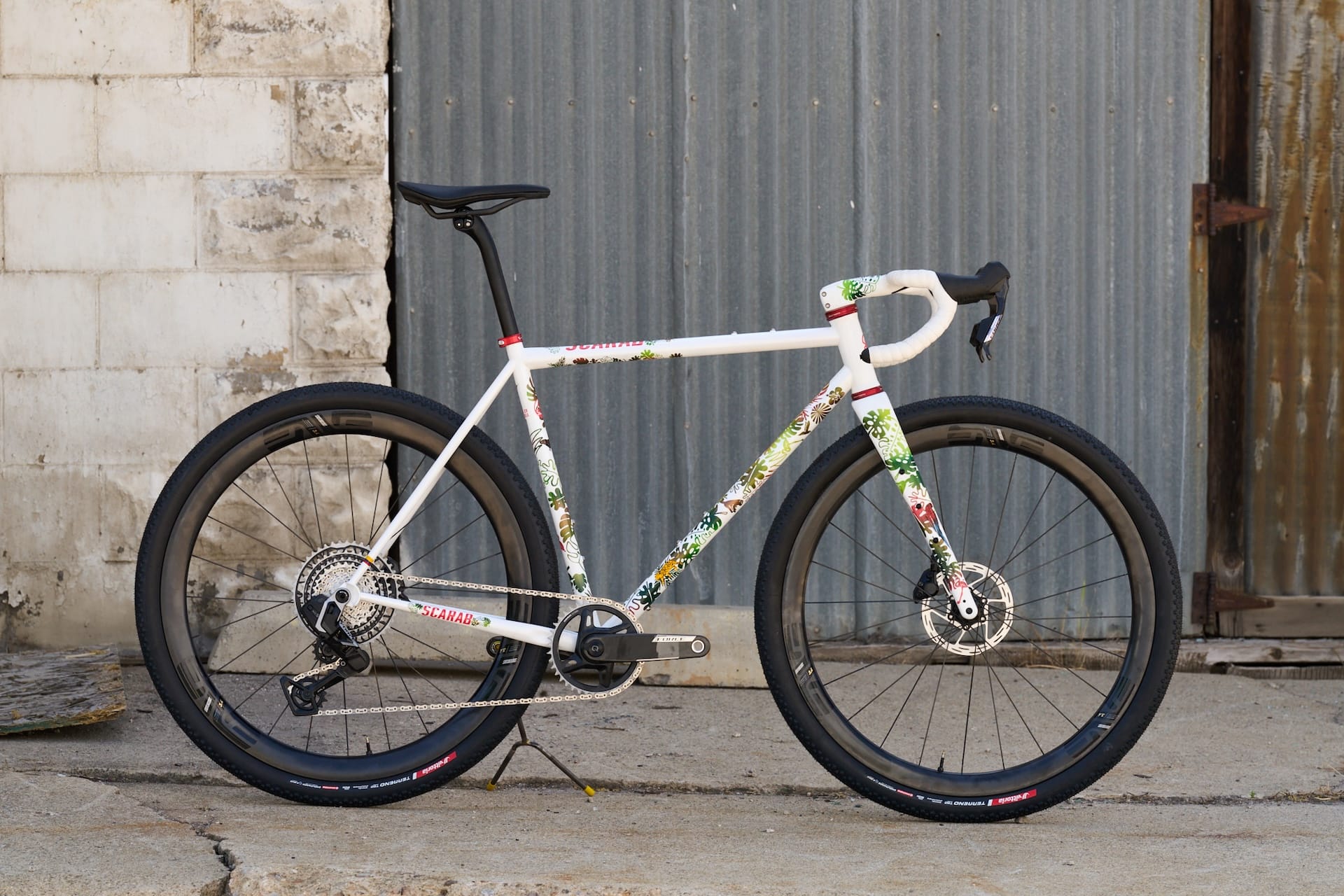Specialized has just released an aluminium version of the Crux, its lightweight gravel-meets-cyclocross race platform. The new Crux DSW marks the much-anticipated return of a more affordable metal-framed option after Specialized discontinued the previous aluminium edition in 2019.
Consider this a placeholder for a review to come. I’ll keep it brief for now, but expect a deep dive once I’m ready to offer a conclusion about this one.
DSW things
The new Crux DSW is effectively an aluminium replica of the existing Crux, bringing Specialized’s light and simple gravel bike platform down to a lower price tier.
Not unlike Specialized’s Aethos, the Crux has been a success not through its technology breakthroughs, but rather through how it has hit the technological rewind button. Here the Crux blends modern geometry, modern tyre clearance, and the benefits of modern material knowledge with simple features such as slimmer tube shapes (for less frame weight and improved ride quality), cable routing external of the headset, a regular round 27.2 mm seatpost with an external clamp, and an English threaded bottom bracket. And the new Crux DSW appears to stick extremely close to this recipe. In fact, it’s effectively a metal copy of the existing Crux platform.
Standing for D’Aluisio Smartweld, the DSW in the new Crux DSW means there are a few fancy details similar to those seen with Specialized’s Allez Sprint road and Chisel hardtail mountain bike aluminium offerings. The Crux DSW isn’t as extreme as that Allez Sprint, but it does feature a down tube and bottom bracket shell that are hydroformed (molded) as a single piece, with the seat tube and chainstays then welded to it.
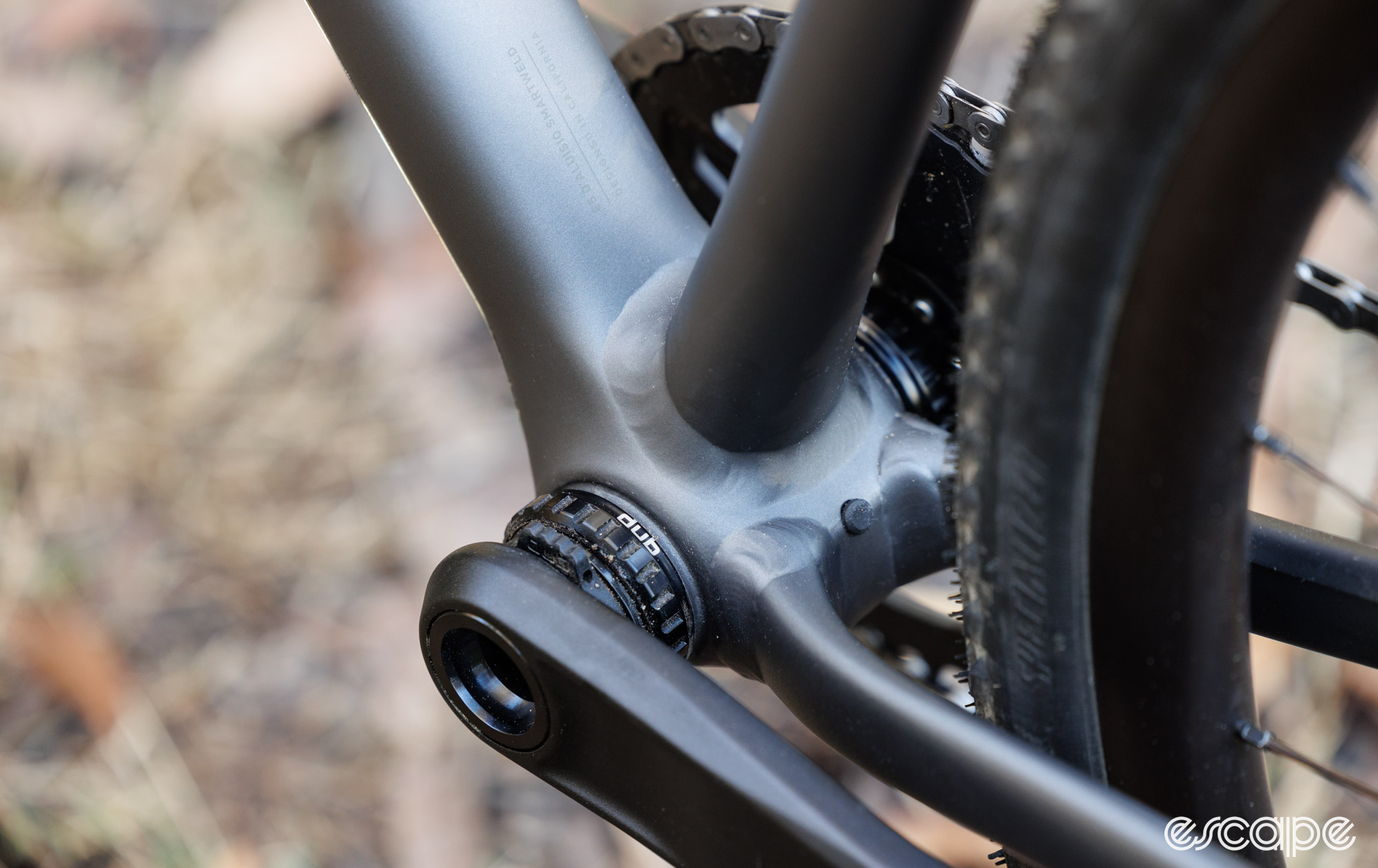
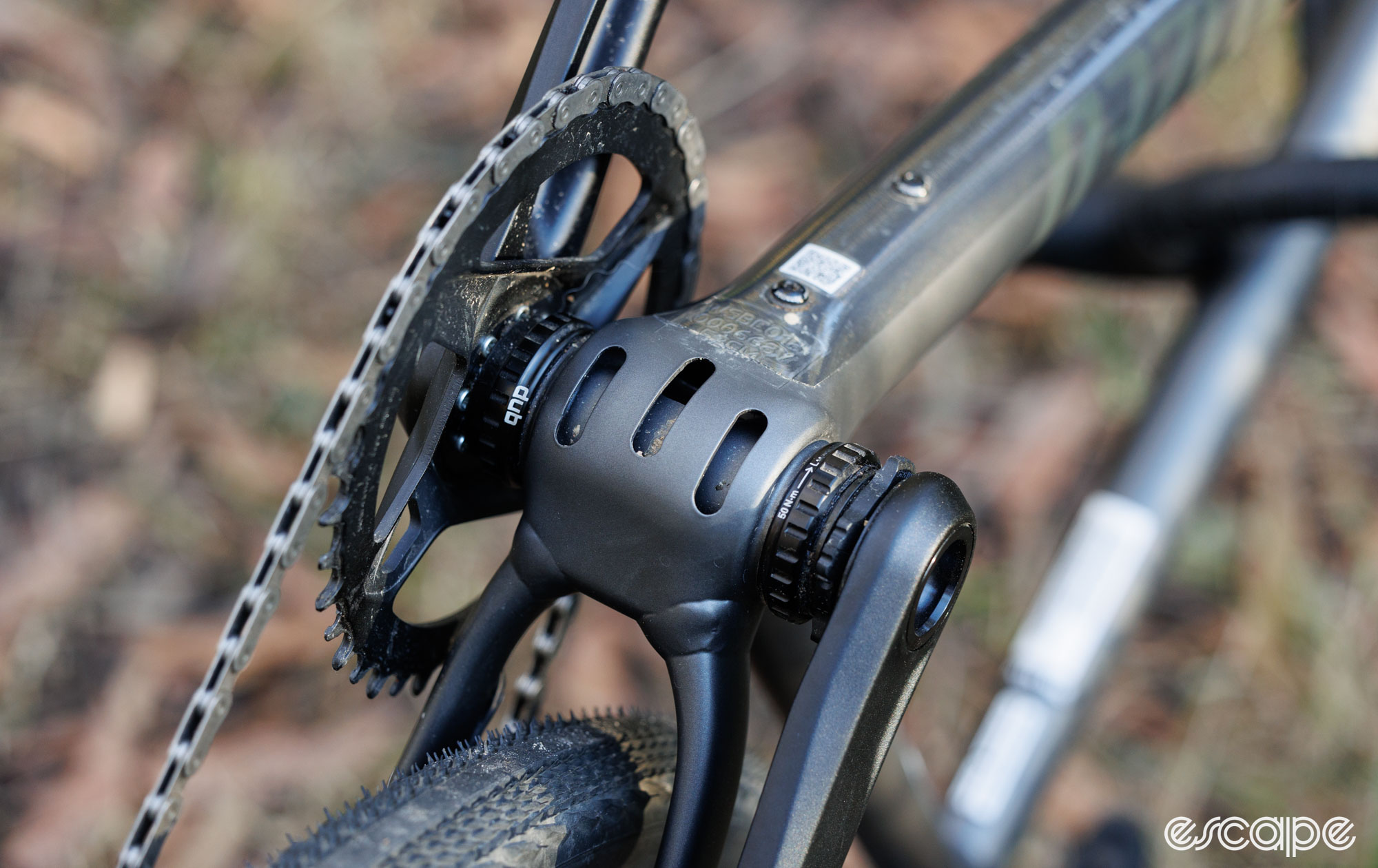
Throughout you’ll find skinnier and more rounded tubes than what many competing bikes offer, but a close look reveals each tube is formed in a shape that closely mimics the pre-existing carbon Crux. And while the mentioned Allez Sprint offers a unique lug-like head tube assembly, the Crux DSW sticks with a more traditional head tube arrangement with welds you simply can’t miss (they’re certainly not pretty, but no doubt stout).
All that shaping and the one-piece DSW down tube is claimed to help reduce weight without a loss in stiffness. Specialized claims a 56 cm painted frame weighs as little as 1,399 grams, with the matching carbon fork (borrowed from the S-Works Crux) sitting at approximately 400 g. That figure is certainly light for an off-road-going alloy frame, but it does carry a notable penalty over the quoted 825 g figure of the existing Pro/Expert/Comp Crux frame.
Like the Crux, the new DSW version officially has room for 700 x 47 mm tyres or 53 mm in a 650B wheelsize. There are six sizes on offer, all with unchanged geometry from the pre-existing carbon version. And Specialized has kept the performance focus going by providing a minimal number of accessory mounting points and still excludes the use of bolt-on fenders or racks.
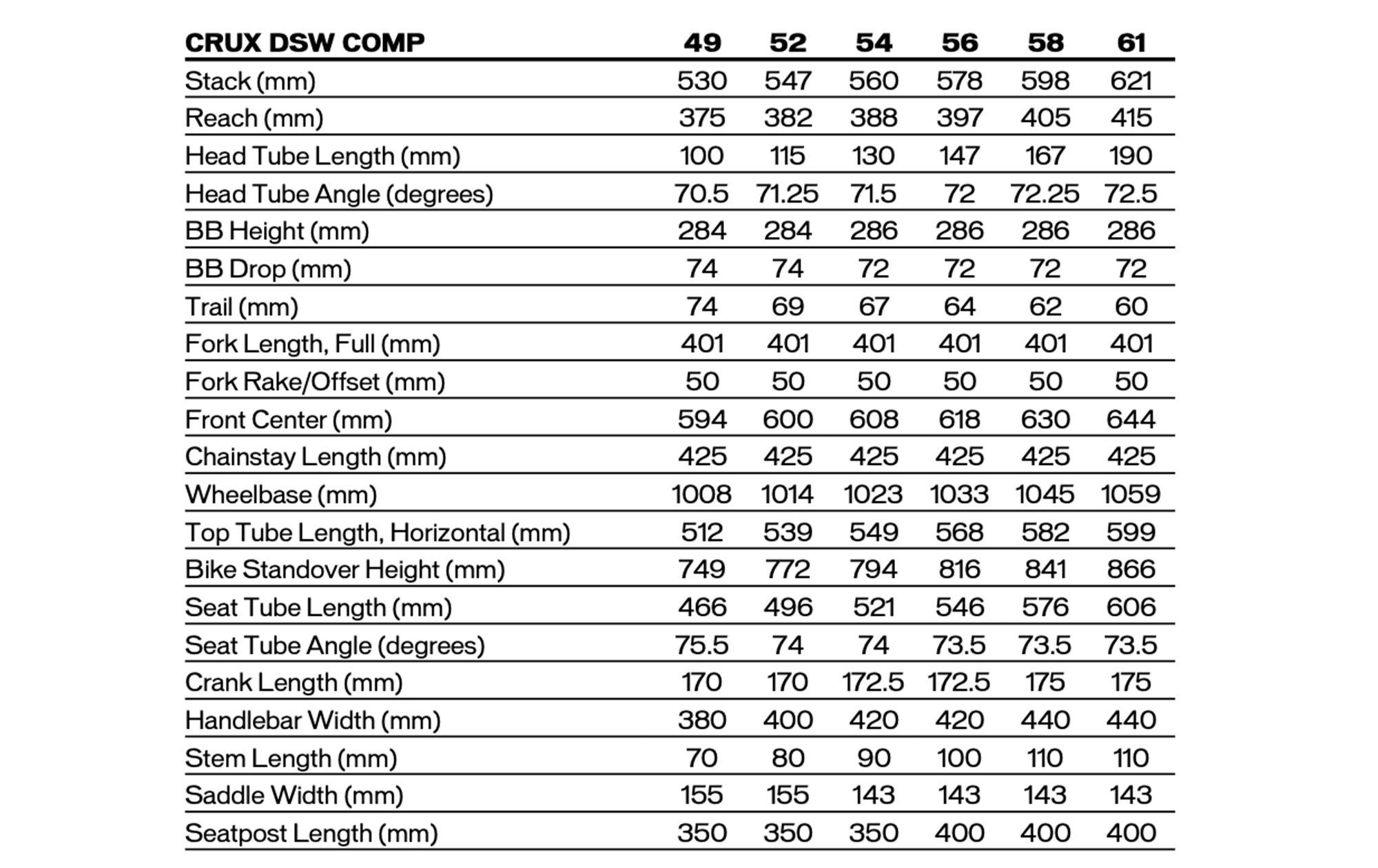
Beyond the material, perhaps the only notable update in the Crux DSW is the new Universal Derailleur Hanger (UDH), which, judging by the tech seen at Unbound, should soon prove a desired feature.
One model
For now Specialized is keeping the Crux DSW range small, with a frame-only option accompanying a single complete bike model. With three unique paint options, expect to pay US$1,700 / £1,500 / AU$2,500 for the frame-only option (including fork). Meanwhile, the Crux DSW Comp complete bike (as received for test) has two paint options and retails for US$2,600 / £2,300 / AU$4,000.
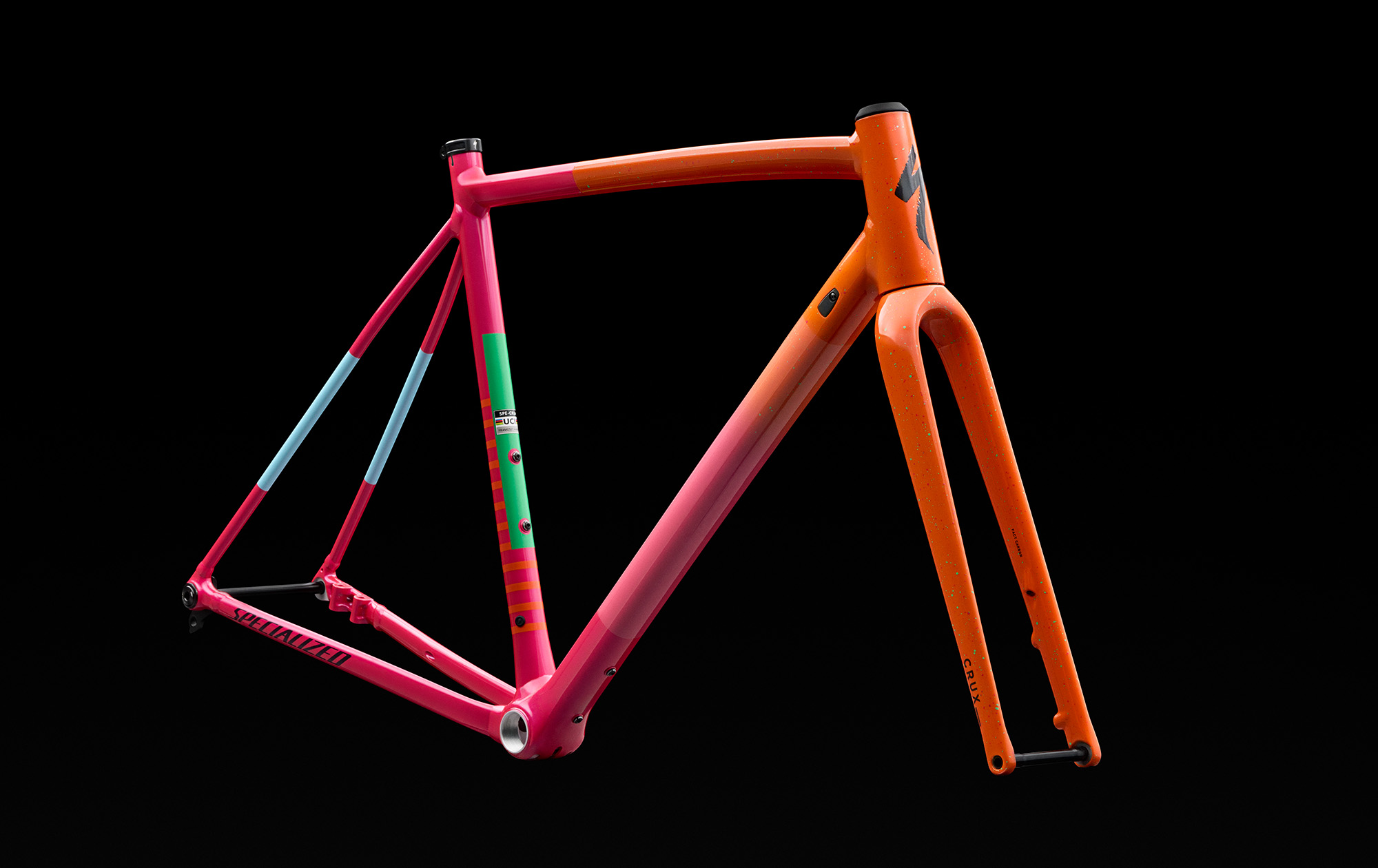
This bike is equipped with a full SRAM Apex XPLR 1x12-speed mechanical groupset with an 11-44T cassette. There’s a basic tubeless-ready and 25 mm-internal-rim-width DT Swiss wheelset given, wrapped in Specialized’s own tubeless-ready Pathfinder Pro 38 mm tyres. The rest of the kit is functional but basic alloy stuff carrying Specialized’s own branding.
My 52 cm sample sits at 9.43 kg without pedals, but setup tubeless. That figure doesn’t scream lightweight, but it compares well against other (admittedly more budget) disc-equipped alloy bikes such as the Trek Domane AL 2 (US$1,200) with 32 mm road tyres at 10.41 kg, or Specialized’s Allez Sport (US$1,800) with 30 mm road tyres tipping the scales at 9.51 kg.
Expect a full review within the next couple of months.
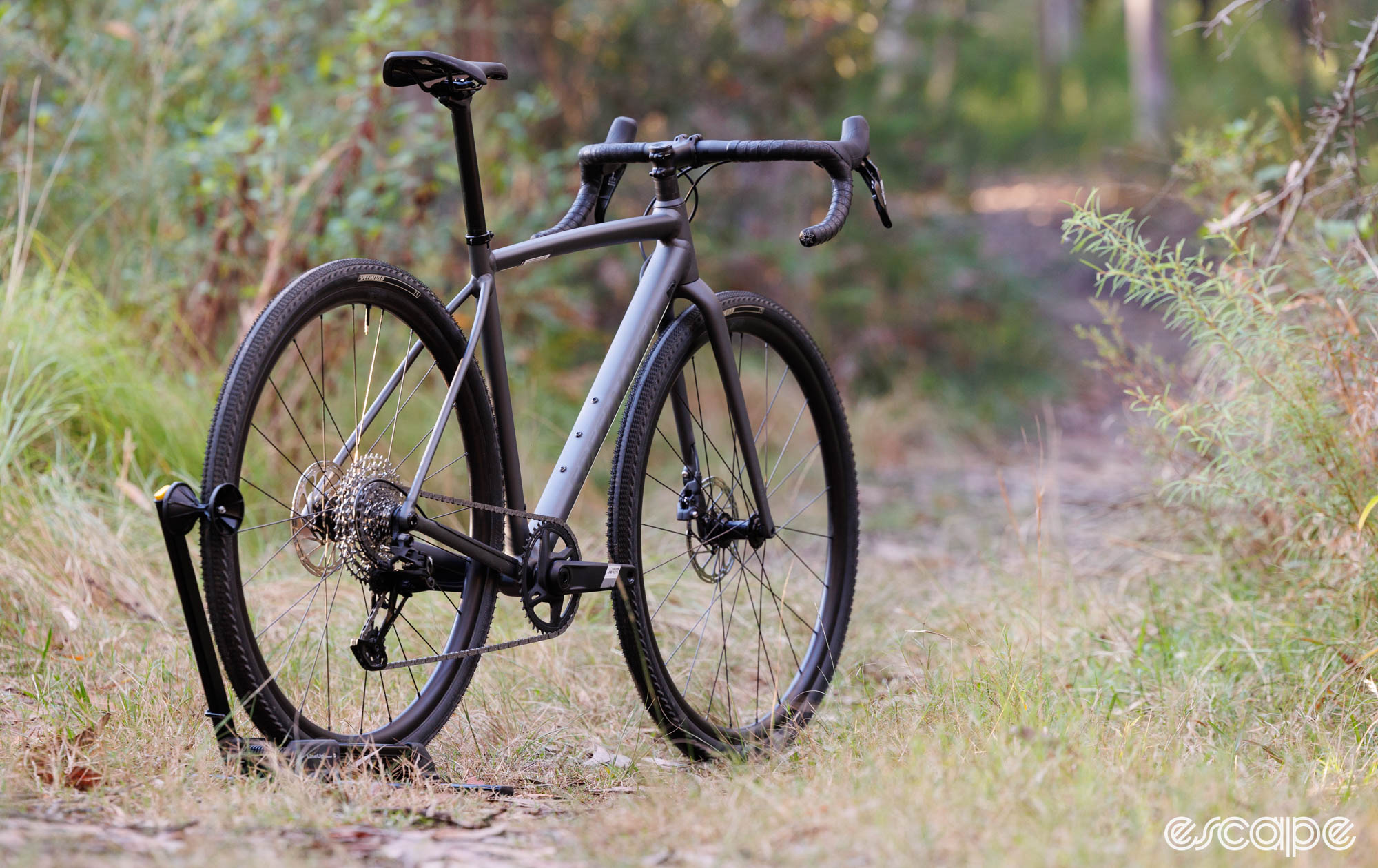
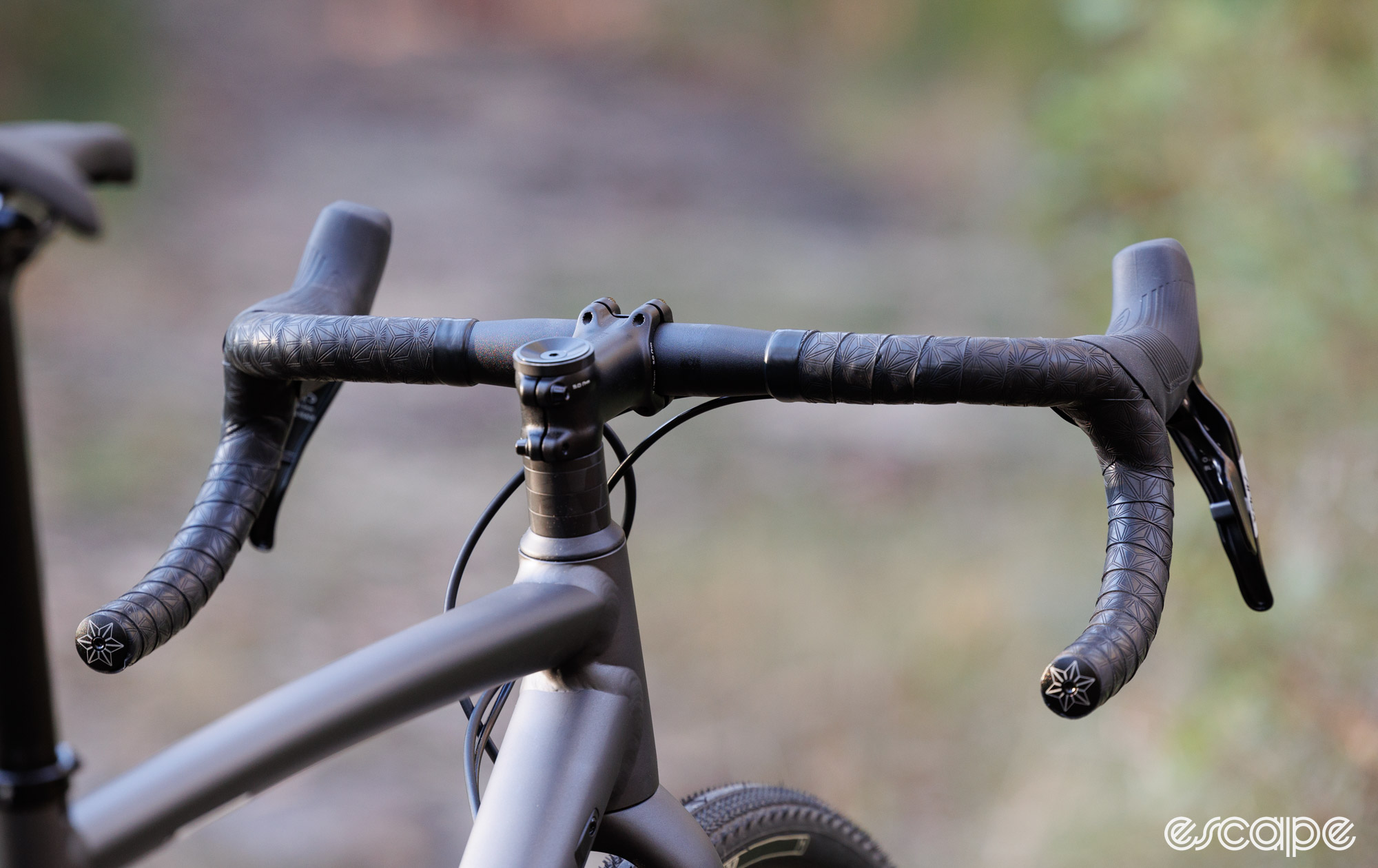
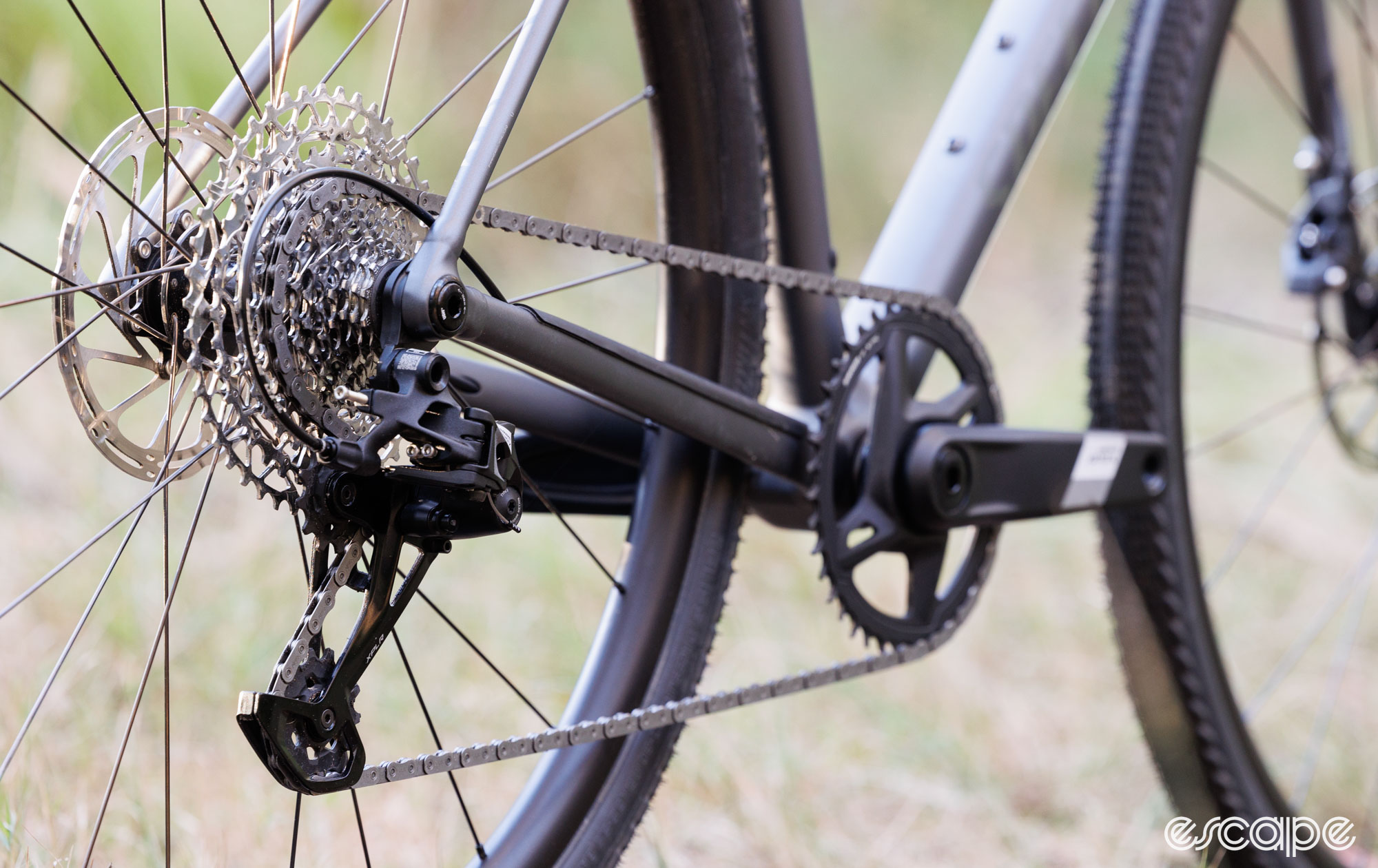
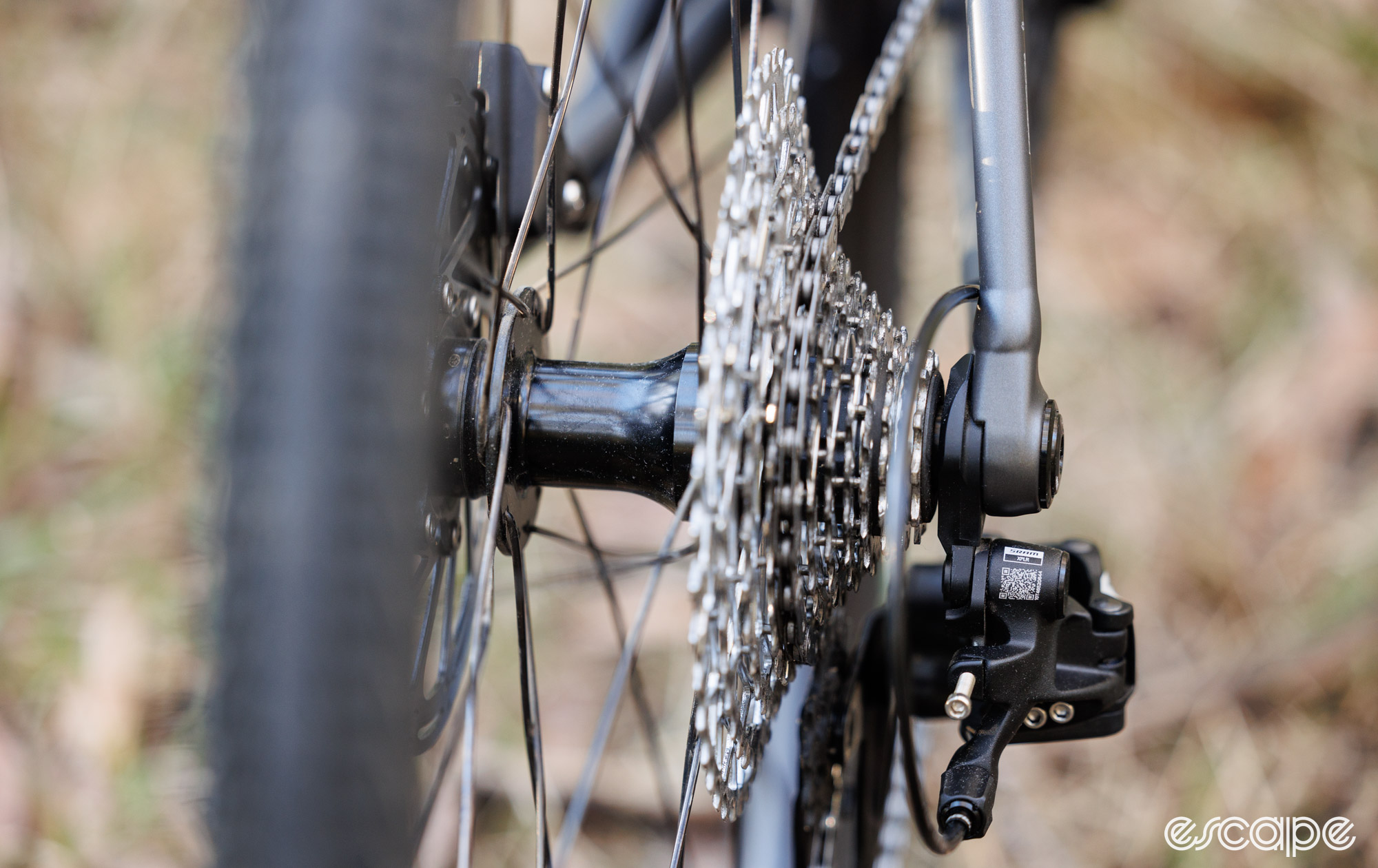
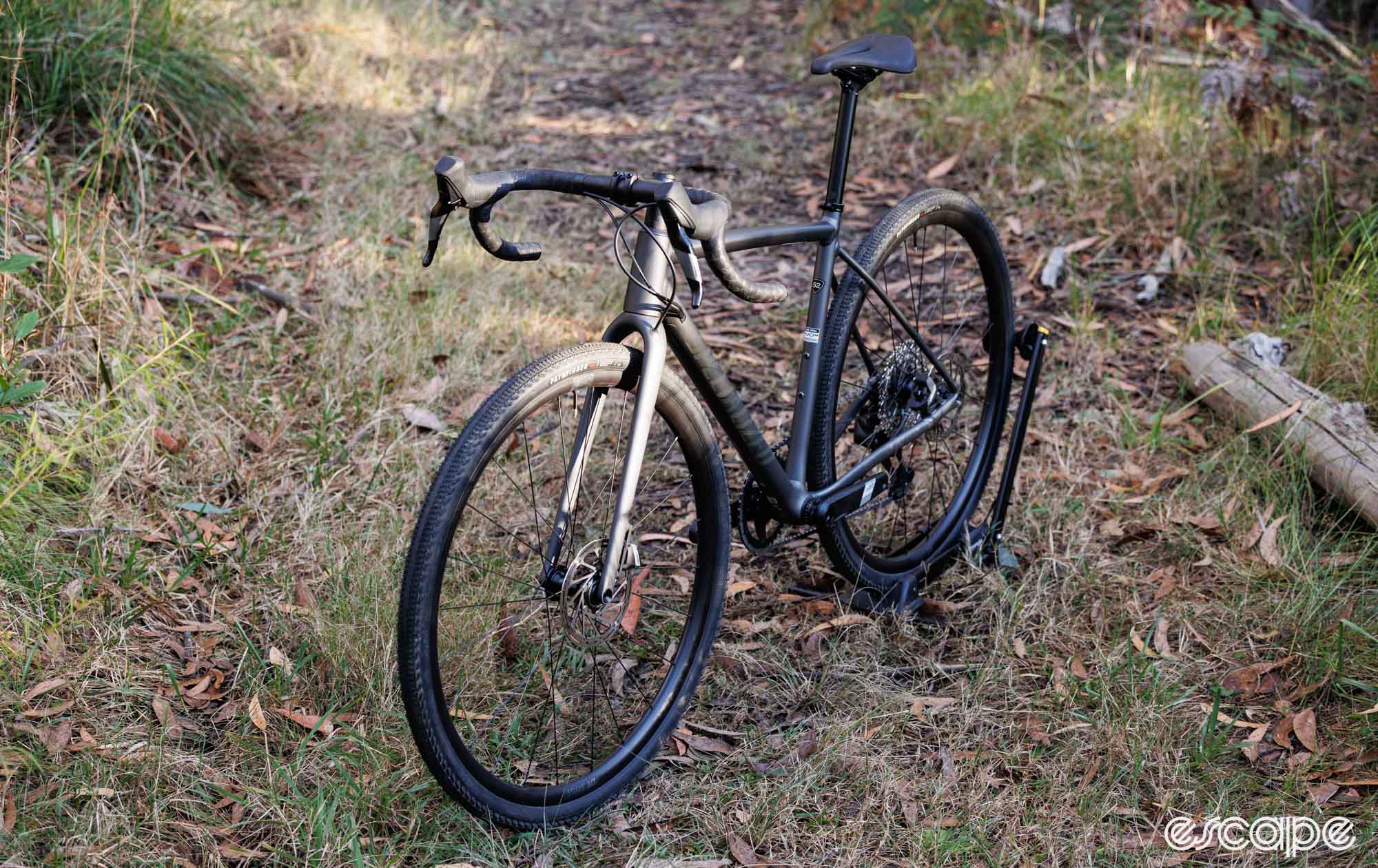
Did we do a good job with this story?

